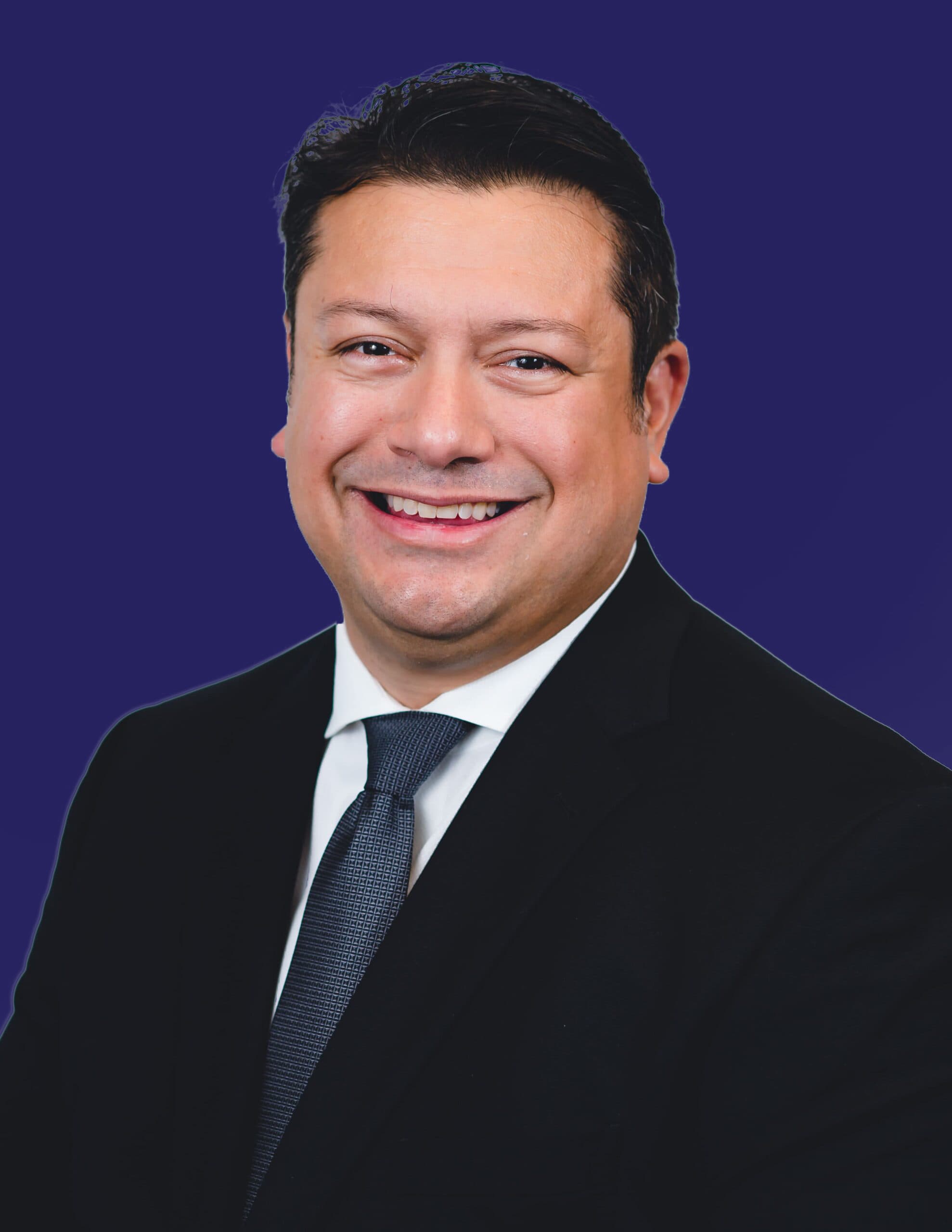
On August 7, 2019, U.S. Citizenship and Immigration Service (USCIS) stopped accepting and adjudicating medical deferred action applications for non-military applicants. On September 19, the administration reversed it’s ruling and decreed that deportation medical exemptions resume for immigrants who need medical treatment. The medical deferred action program allows people to remain in the U.S. for two-year periods if they can prove extreme medical need.
Civil rights groups, the ACLU, lawyers, lawmakers and physicians had criticized the new policy calling it a “death sentence” and filed protests against the policy change. Responding to the public outrage, the Department of Homeland Security (DHS) announced that Acting Homeland Security Department Secretary Kevin McAleenan ordered that medical exemptions resume processing and that federal immigration officials continue reviewing deportation relief requests for people who are receiving treatment for serious medical conditions.
USCIS will not initiate removal proceedings against individuals who have been granted deferred action. A medical “deferred action” allows immigrants to avoid deportation while they or their relatives were undergoing life-saving medical treatment. A medical deferred action status must be renewed every 2 years. Many of the people who have a medical deferred action status came to the U.S. through a visa or other permitted status and are requesting to stay beyond those terms to receive urgent medical treatment.
1. Case-By-Case
A medical deferred action is not a formal program. A request must be submitted to USCIS, a DHS agency. They are granted ad hoc, on a case-by-case basis for humanitarian reasons.
2. Documentation
An unauthorized immigrant can apply for a medical deferred action by submitting a written request to USCIS explaining why they are seeking a medical exemption, along with supporting documentation, proof of identity, and other evidence.
3. 2-Year Renewal
A medical deferred action status must be renewed every 2 years.
If you have an urgent medical condition and fear that could be deported and no longer have access to medical treatment available only in the United States, it might be wise to call the law offices of a local attorney.
The immigration attorneys at Godoy Law Office in Chicago and Lombard can help you with your immigration case. If you need help with an immigration issue, please contact our office or call us at 312-635-4029.

Immigration Attorney Mario Godoy has years of experience guiding clients with immigration issues through the immigration process along with guiding clients through the criminal case. Godoy focuses on family-based immigration law, business immigration law, removal defense, and criminal defense representation of immigrants. A criminal charge or conviction can be devastating to your immigration case. With over a decade of immigration law experience and memories of family members who were deported due to bad legal advice, Godoy is committed to helping other immigrant families receive the legal justice they deserve. As a legal entrepreneur who practices immigration law, criminal law, estate and probate law, and running two successful law firms, Mario Godoy understands the importance of keeping families together and making a home and future in America.




